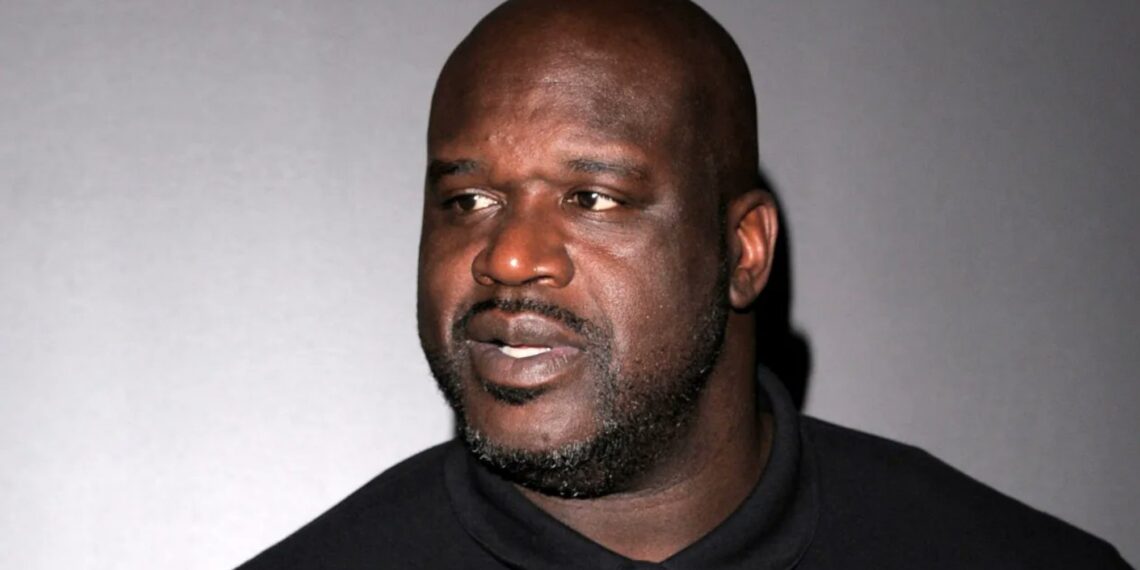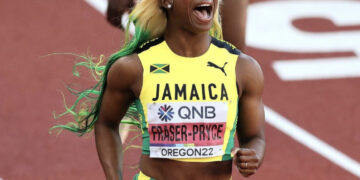Shaquille O’Neal is a known Hall of Famer, 15-time All-Star champion, four-time NBA champ, MVP and successful entrepreneur. With his resume, it’s reasonable for people to conjecture the legendary NBA has a spotless career record.
Withal, it would be naive to overlook one of the most significant downfalls in Shaq’s career—namely, the Dunk.net collapse.
Shaq teamed up with WNBA legend DeLisha Milton and pro baseball player Mike Piazza in 2000 to launch Dunk.net, an evanescent internet-exclusive sneaker and apparel company.
Three powerhouse athletes launching an online sports merchandise shop sounds like a successful business venture, yet it flopped.
Dunk.net fell victim to the dot com bubble burst in the early 2000s.
The dot com bubble entered the bull market in the late 1990s because of how popular the internet became, but mainly among investors who were quick to throw so much money at anything relatively affiliated with the internet leading to over-valuation.
Understandably, Shaq, Milton and Piazza participated in the internet bubble with Dunk.net, garnering many eager investors. However, the dot com bubble burst was huge and impacted many startups, meaning Dunk.net wasn’t immune to the destruction despite Shaq’s over $200 million salary during the NBA.
According to Essentially Sports, Shaq did everything he could to resuscitate his dying business, which called for the company to fire every staff member. Furthermore, Shaq replaced his CEO with a marketer, which did nothing for Dunk.net. Eventually, the internet sneaker and apparel store inevitably perished.
The problem with investors hopping on the dot com investment bandwagon was that no one understood the industry, and much focus was on gaining profit quickly rather than tactics.
Furthermore, companies failed to develop a game plan to make their products profitable. Unfortunately, some companies didn’t even have products and only slapped a dot com to their name because many saw the dot com bubble as a “get rich quick scheme.”
The internet bubble garnered too much money and hype to where the supply and demand dynamic began to shift — more supply, less demand.
But business owners weren’t entirely at fault because abundant venture capitalists were throwing their money at startups, hoping to gain more through initial public offerings (IPOs).
Meanwhile, companies funded by VCs spent much of their funds on advertising rather than marketing, causing funds to dry up. Some business owners had to realize their strategies weren’t viable and the business shouldn’t have gone public without a plan, product or record of profits.
This isn’t to say Shaq didn’t have a business plan. He, unfortunately, launched the business amid the internet industry’s financial collapse. But despite this failure, Shaq would have multiple successful business ventures, from his Big Chicken food chain and Five Guys to his Papa John’s and Vitamin Water investments.








